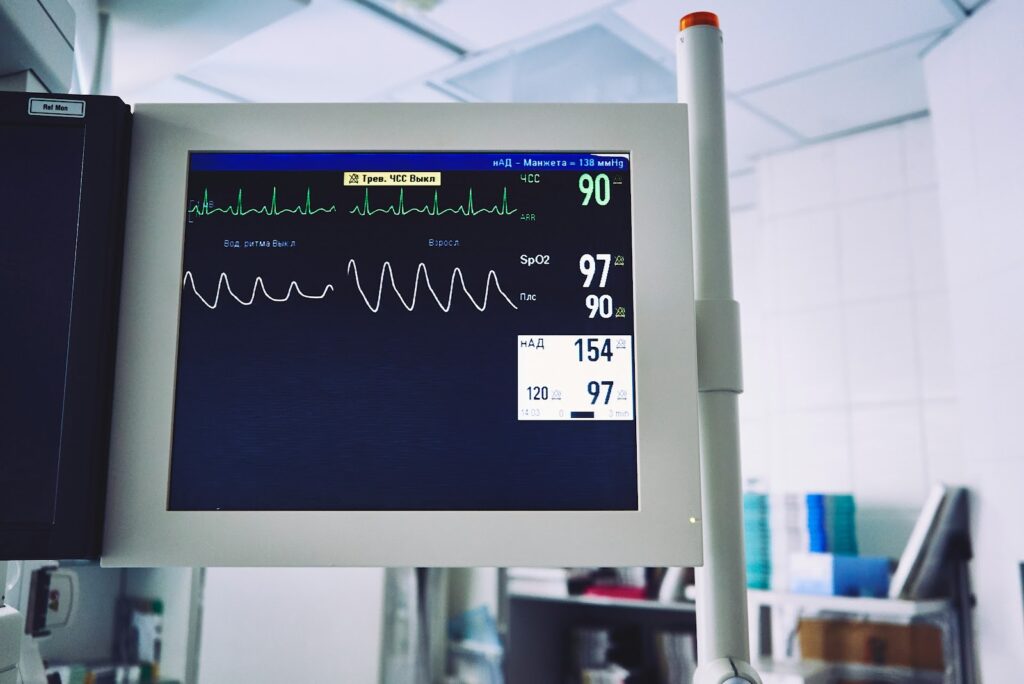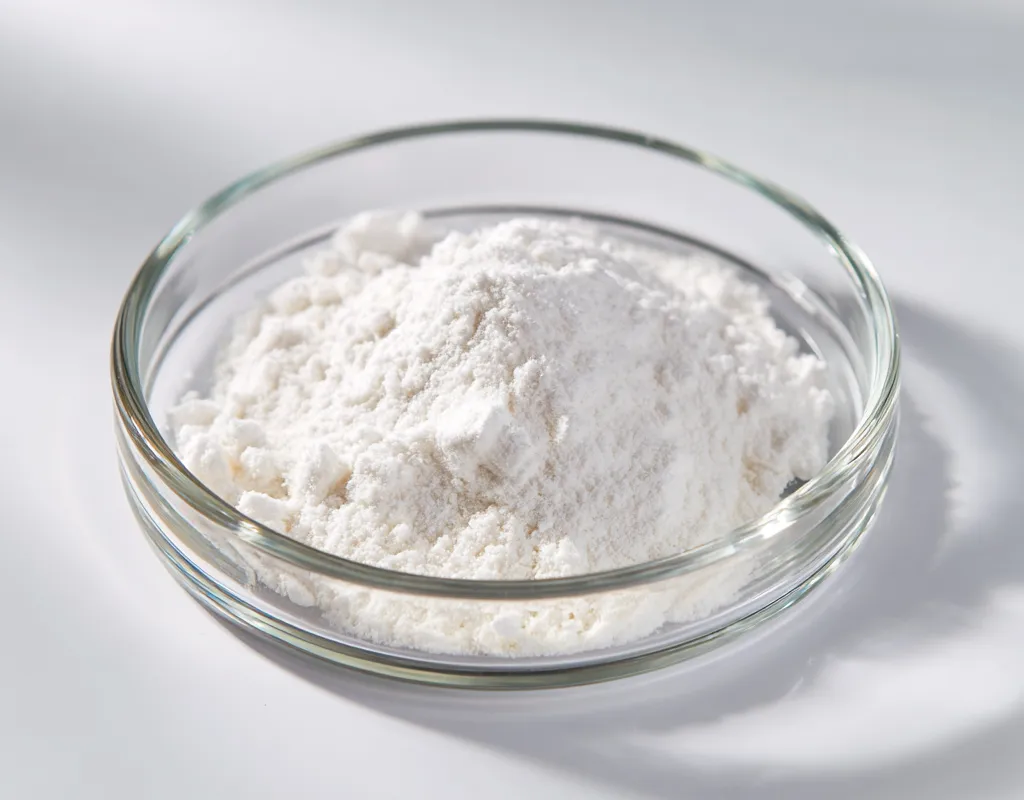Research Findings from Recent Clinical and Animal Trials
A growing number of studies have examined how cannabidiol may affect blood pressure in people with hypertension. A clinical study from 2023 found that regular use of cannabidiol for about two and a half weeks led to measurable reductions in blood pressure among those with high blood pressure. The study included both patients on prescribed drugs and those who were untreated. Participants reported no serious adverse events. The research team pointed out that cannabidiol should not be substituted for prescription medications for high blood pressure, and physician supervision is encouraged if adding cannabidiol. Chronic daily use appeared well tolerated, with only minor complaints such as fatigue or digestive upset.
In a laboratory-controlled study from 2024, animal subjects with renovascular hypertension received a set amount of cannabidiol twice daily for two weeks. Researchers measured lower mean blood pressure after treatment. They observed related signs of improved arterial response, decreased activity in the sympathetic nerves, improved flexibility of blood vessels, and less reactive oxygen stress within arteries. These signals provide clues about why a blood pressure effect was observed in this model, focusing on autonomic and vascular factors.
Earlier human trials mainly studied healthy adults, not those with existing hypertension. In one cited example, a single high oral dose of cannabidiol reduced both the upper and lower blood pressure readings. The greatest changes occurred during physical or mental stress, with reductions of around 6 units for the top number and 5 units for the bottom number. Results in healthy volunteers are not directly transferable to hypertensive patient groups, so further patient-focused trials are needed before making practice recommendations.
Mechanistic Insights: How Cannabidiol May Lower Blood Pressure
Evidence points to blood vessel relaxation as a main way that cannabidiol affects blood pressure. Researchers have found that cannabidiol acts on endocannabinoid receptors and calcium balance in artery walls, leading to relaxation and less resistance to blood flow. Other studied effects include reduced output of damaging oxygen species inside vessels, as well as reduced stress signals from the sympathetic nervous system. These findings have been repeated in animal models and are supported by specialty researchers such as Dr. Ethan Russo and Dr. Isabel Torres. However, most experts currently do not advise patients to use cannabidiol alone for lowering blood pressure.
When matched against standard drugs for high blood pressure, there are no published direct comparisons in clinical studies. Doses of cannabidiol that lower blood pressure in animal research are much greater than those in typical consumer products. This gap in dosing, along with a lack of head-to-head trials, means that cannabidiol’s potential use would be as an added option instead of a substitute.
Doses and Safety in Clinical Use
Clinical and preclinical work has used a wide spread of dosing levels. For rodents, the tested amount is about 20 milligrams for every kilogram of body weight, twice per day, for 14 days. Human pilot tests for acute effects used a single dose of 600 milligrams by mouth. Some multiday studies in people with hypertension gave a set daily amount for up to three weeks, but amounts were not always explained in detail. Most off-the-shelf cannabidiol products provide between 10 and 50 milligrams per use, so consumer intake is often well below research levels.
Safety evaluations have shown a low risk of severe adverse events in controlled trials, but mild complaints such as tiredness or mild stomach problems can appear. Cannabidiol interacts with enzymes in the liver that process many prescribed drugs, including some blood pressure medicines. This interaction can raise or lower medicine levels in the blood, so adding cannabidiol should be discussed with a health professional.
Forms and Methods of CBD Use in Blood Pressure Management
CBD is found in various products that are commonly available. These include oil drops, capsules, beverages, topical creams, and edibles. People with hypertension may choose one format over another for reasons of convenience or dosing accuracy. For example, CBD Gummies, capsules, and oil drops are regularly marketed for ease of use, but their absorption rates and dosage precision can differ.
Other consumers may prefer tinctures or topical products for steadier blood levels or localized effects. Although CBD Gummies are widely used, published studies examining their specific effects on blood pressure are limited. Most clinical investigations use purified CBD oil or capsules, which may act differently in the body.
Patient Groups and Clinical Coverage
Most advanced studies focus on either animal models or healthy people. More recent patient data from those already diagnosed with high blood pressure are limited to small groups and short-term observation. Initial findings show acute or short-term drops in blood pressure, but longer studies with more people are needed. It is also not yet known which subset of patients may benefit most, or if underlying causes of each person’s hypertension might respond differently.
Regulatory Oversight and Medical Guidance
Government agencies such as the U.S. Food and Drug Administration and the European Medicines Agency have not approved cannabidiol to treat high blood pressure. Recommendations from professional heart associations do not support its use instead of proven therapies. Experts highlight the need for more large controlled trials before making clinical recommendations. At present, patients should not stop or reduce their prescribed medicines in favor of cannabidiol.
Summary from Meta-Analyses
Recent reviews and meta-analyses confirm small but detectable decreases in blood pressure after cannabidiol. These effects are shown consistently in animal and pilot clinical studies. However, there is no direct human evidence for prevention of heart attacks, strokes, or other heart-related outcomes after cannabidiol use by people with high blood pressure.
Limitations and Gaps
Most current research uses short trials, small samples, and a variety of products. Dosing schedules, product types, and administration methods vary widely, causing challenges when trying to compare one study to another. The field needs more standardized work with longer follow-up and larger groups of patients. Without these, broad recommendations about cannabidiol’s role in high blood pressure management are not supported.
Conclusions
Current evidence suggests cannabidiol may lower blood pressure by relaxing blood vessels, reducing oxidative stress, and lessening sympathetic nerve signals. These effects have been consistent in controlled animal trials and appear in early patient studies. Dosing in clinical research is higher than in many consumer products, and medical supervision is advised because of potential drug interactions. No large clinical trials have shown prevention of major heart events from cannabidiol use. Experts stress not to replace proven medical therapies with cannabidiol but to consult a physician for those considering it as a supplement for blood pressure management. Regulatory agencies advise further research before changing current care practices.






